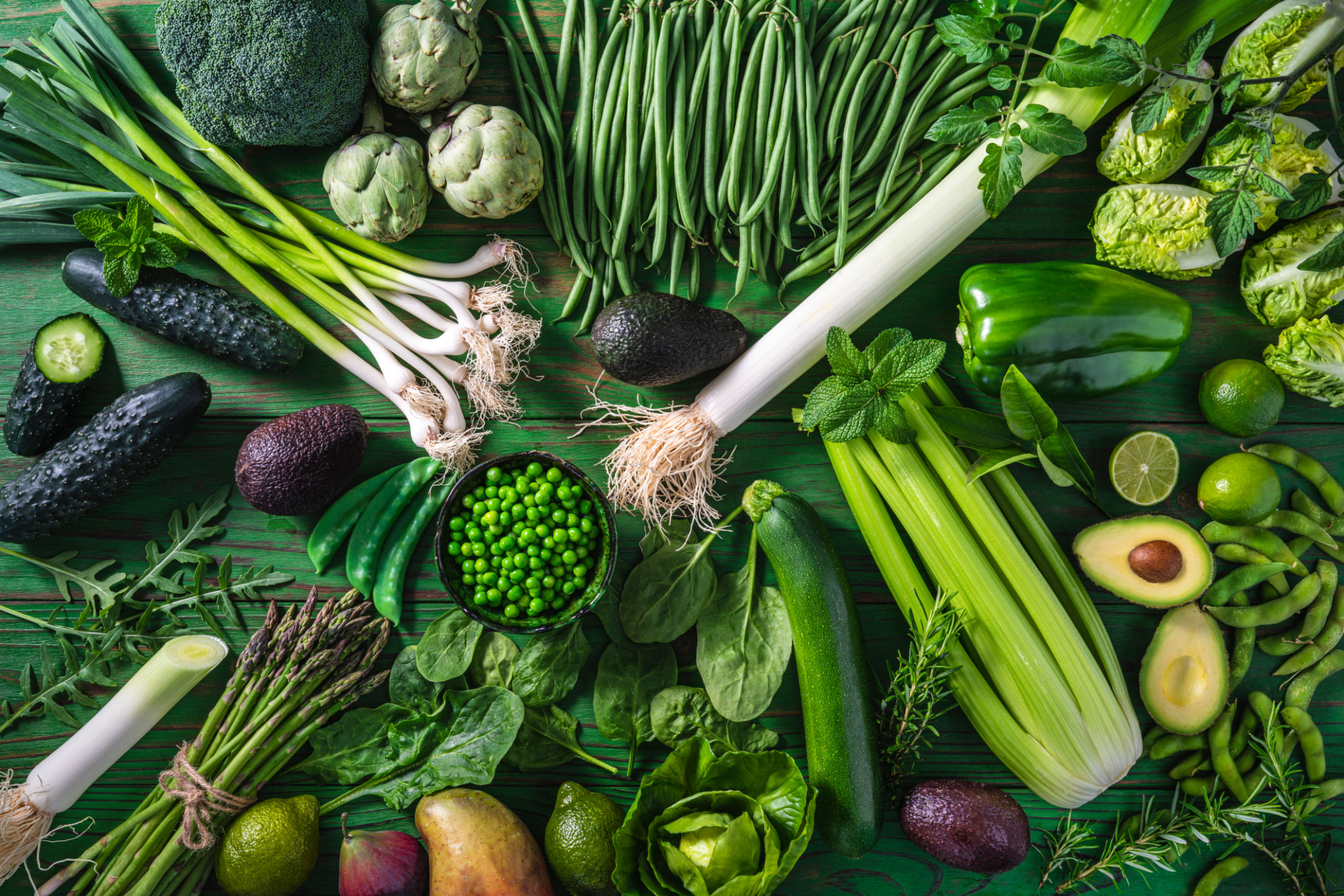Seasonal Menu Planning for Your Next Private Event
Embracing Seasonal Ingredients
Planning a menu for your private event can be an exciting yet daunting task. One effective strategy is to focus on seasonal ingredients. Not only does this ensure that you're using the freshest produce available, but it also adds a unique and timely touch to your meal. Seasonal foods are often more flavorful and are typically more affordable, making them a win-win choice for any event planner.
Consider the vibrant colors and robust flavors of fall, with options like roasted root vegetables or a spiced pumpkin soup. In contrast, a summer menu might feature refreshing salads with ripe tomatoes and juicy peaches. By using seasonal ingredients, you're not just serving food; you're telling a story about the time and place of your event.

Crafting a Balanced Menu
When designing your menu, it's crucial to maintain balance. A well-rounded menu should include a variety of flavors, textures, and food groups to cater to different tastes and dietary needs. Consider offering both vegetarian and meat dishes, as well as gluten-free or vegan options to accommodate all your guests.
Start with light appetizers like a fresh bruschetta or a seasonal fruit platter. Follow with a main course that combines proteins with seasonal vegetables. Finish with a selection of desserts that are not only sweet but also incorporate seasonal fruits or spices.

Incorporating Local Flavors
Another way to enhance your seasonal menu is by incorporating local flavors. This not only supports local farmers and businesses but also gives your event a distinct regional flair. For example, if you're hosting an event in the Pacific Northwest, consider including fresh salmon or locally sourced mushrooms.
Using local ingredients can also simplify your planning process. By visiting local markets or farms, you can gain inspiration from the produce available and build your menu around these fresh finds. This approach not only contributes to sustainability but also ensures that your dishes are of the highest quality.

Pairing Seasonal Beverages
No menu is complete without the perfect beverages to complement the meal. Pair your seasonal dishes with drinks that enhance their flavors. For a winter event, consider offering mulled wine or hot apple cider. In summer, refreshing cocktails with citrus or berry infusions can make a delightful addition.
Non-alcoholic options are equally important. Create mocktails using seasonal fruits and herbs, ensuring every guest has something special to enjoy. Remember to offer a variety of drinks to suit different preferences and dietary restrictions.

Final Touches and Presentation
The presentation of your dishes is just as important as the ingredients themselves. Pay attention to plating and garnish with fresh herbs or edible flowers that complement the season. These small details can elevate the dining experience and make your event memorable.
Consider the overall theme and ambiance of your event when finalizing your menu. A rustic autumn gathering might feature wooden serving boards, while a springtime brunch could use pastel-colored dishes. These final touches ensure that every aspect of your event is cohesive and visually appealing.
In conclusion, seasonal menu planning is an excellent way to enhance your private event, offering fresh flavors and a unique dining experience. By focusing on seasonal, local ingredients and crafting a balanced menu, you'll create an unforgettable occasion for your guests.
